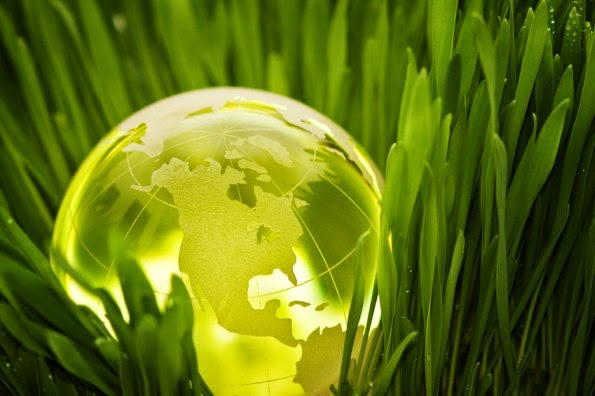
The world’s second largest mining company, is selling off its coal mines with the goal of getting out of the business.

Dutch farmer’s chickens lay carbon-neutral eggs - poultry owner claims his new approach has the highest welfare standards and lowest cost to environment.

The government of New Zealand has just unveiled an ambitious set of environmental policies that are destined to take an aggressive stance against climate change in the future.

The Italian Industry Minister announced that by 2025, the country seeks to phase out coal power plants.

Oxford in the UK wants to become the world's first carbon emission-free city by 2035, with a plan to ban all petrol and diesel vehicles from the city centre over the next 20 years.

If deployed at scale, the technology behind this could make a big difference in charting a better climate future—capturing CO2 and locking it away underground before it can add to the growing greenhouse effect.

Researchers have made a significant breakthrough in the direct conversion of carbon dioxide (CO2) and methane (CH4) into liquid fuels and chemicals which could help industry to reduce greenhouse gas emissions.

According to the Global Wind Energy Council (GWEC) in 2016 wind power helped the planet avoid more than 637 million tonnes of CO2 emissions.

The UN Development Program and Asian Development Bank just released a joint report —100 percent Electricity Generation through Renewable Energy by 2050.

In what would be a world first, President Emmanuel Macron wants to phase out all oil and gas exploration and production in France and its overseas territories by 2040.

The devolved government of Scotland announced on Tuesday its plans to ban new gasoline and diesel cars by 2032.

Scandinavian countries are taking aggressive steps to reduce carbon emissions from their electricity sectors, despite some nations’ long reliance on fossil fuel revenues.

Project Drawdown brought in researchers in various fields to identify, measure, and model the 100 strongest solutions to global warming. Here are 7 of them.

This waste-to-resource project not only produces a less smoky and long-burning fire, but could also help improve health and sanitation outcomes.

Siemens and the Germany state of Hesse teamed up to create a 6-mile stretch of eHighway on the autobahn.